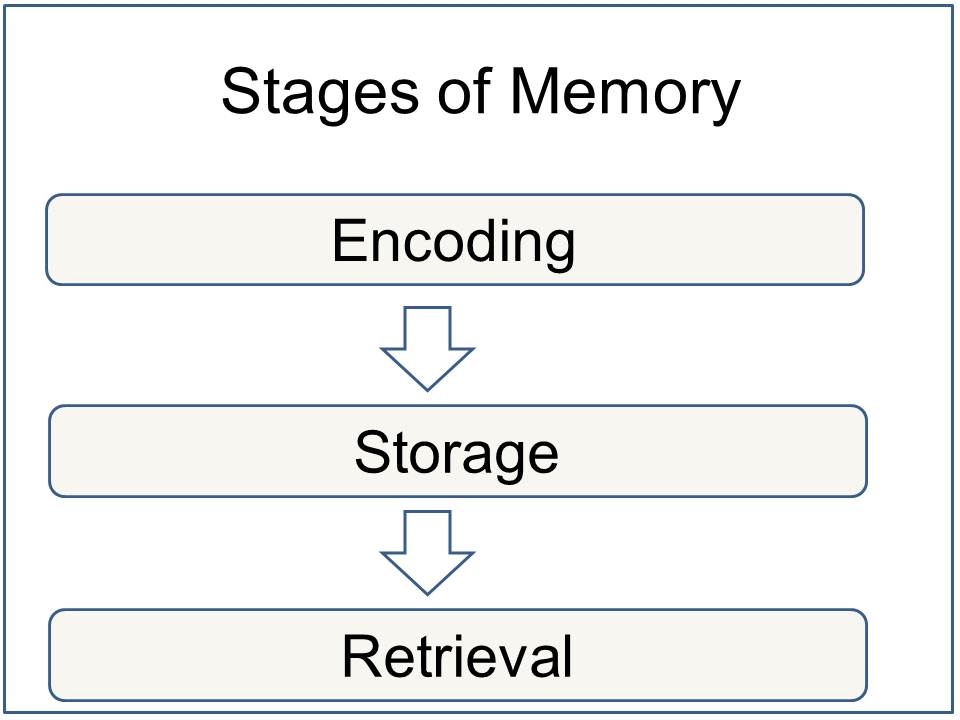Improve Your Memory

Improve Your Memory
“I have a good memory. But I would be interested in memory even if I had a bad memory because I believe that memory is our soul. If we lose our memory completely, we are without a soul.”
-Umberto Eco
What is memory?
Memory is the mental capacity of the brain by which data or information is encoded, stored, and retrieved when needed.

How does it work?
There are 3 major processes involved in memory:
a) Encoding
b) Storage
c) Recall (Retrieval)
For the information to become a memory, first it has to be encoded. How is memory encoded?
- Visually (pictures)
- Acoustically (audio)
- Semantically (meaning)
Memory storage is the process of storing and recalling information that was previously acquired.
The three main forms of memory storage are sensory memory, short-term memory, and long-term memory.
And last, the retrieval process allows us to bring stored memories into conscious awareness.
Why do we forget?
One of today’s best-known memory researchers, Elizabeth Loftus, has identified four major reasons why people forget: retrieval failure, interference, failure to store, and motivated forgetting. Sometimes, it might be troublesome and frustrating, but it can help us live with the pain and traumas of life.
So how can we improve our memory?
1) MEDITATION
We can improve our memory through meditation. A study in 2019 showed that brief, daily meditation can decrease mood disturbance, anxiety, and fatigue and also enhance working memory* and recognition memory**.
Furthermore, meditation has been shown to increase gray matter in the brain, which contains neuron cell bodies.
You can add meditation to your daily routine. Find a place in your home, in your garden, or anywhere you want and it’s quiet, without any distractions and “disconnect” from the world.
2) TRAIN YOUR MIND
Reading books
Your brain is a muscle and you can train it just like your body. Reading books broadens the horizon of your knowledge and your imagination. Start exercising your brain daily with books that you like to read, and your brain will create new and thicker synapses based on what you learn.
Write down valuable thoughts
Keep a journal and write down any valuable thought that comes to your mind. It’s very important to note your idea down the moment it comes to your mind, otherwise you’ll forget it. Your notes might be your goals, your vision, your aspirations, your passion, even your daily to-do list. Always remember to carry your journal with you, so you can have access to it anytime you want.
Stick to your routine
Daily routine prevents decision fatigue. For example, when you follow your routine and you know what time you’ll wake up, what you’ll eat in the morning, what you’ll wear etc., you don’t have to decide on those small things.
Practice Gratitude
Be grateful for the things that you have, for the people around you, for your health and for everything that you are proud of, and the way you see the world will change. You will have less stress and you will be able to shift your focus and appreciate what you had accomplished even more.
3) HANDWRITING
There are brain health and developmental reasons to keep writing on paper. Handwriting it’s better for learning, retaining and recalling information. Why? Because it stimulates a part of the brain called the Reticular Activating System (RAS). That system filters what we focus on and it presents only the important pieces to us.
4) SLEEP
Sleep is very important for memory consolidation, “a time-dependent process by which recently learned experiences are transformed into long-term memory.”
It’s during sleep that your brain consolidates, reorganizing and restructuring memories according to the authors of an article in Current Directions in Psychological Science.
So, get enough sleep. Schedule the time you go to bed and the time you wake up and make it your routine. Sufficient sleep means better memory performance.
5) NEVER STOP LEARNING
Albert Einstein is quoted as saying, “Once you stop learning, you start dying.” It’s both powerful and true for your brain. The less we use certain connections in our brain, the greater chance they have of falling into disrepair. A process, which our brain sheds old, weak connections to make room for new ones. In other words, our brain follows ‘use it or lose it’ mechanism.
Definitions
*Working memory: Working memory is defined by MedecineNet.com as a system for temporarily storing and managing the information required to carry out complex tasks such as learning, reasoning, and comprehension.
**Recognition memory: Recognition memory refers to the ability to identify as familiar a stimulus or a situation that has been encountered previously
References
https://www.sciencedirect.com/science/article/pii/S016643281830322X
https://www.ncbi.nlm.nih.gov/pubmed/19280691/
https://www.ncbi.nlm.nih.gov/pmc/articles/PMC4657094/
https://www.sciencedirect.com/topics/neuroscience/memory-consolidation
https://journals.sagepub.com/doi/10.1177/0963721410383978
https://www.sciencedirect.com/topics/neuroscience/recognition-memory


